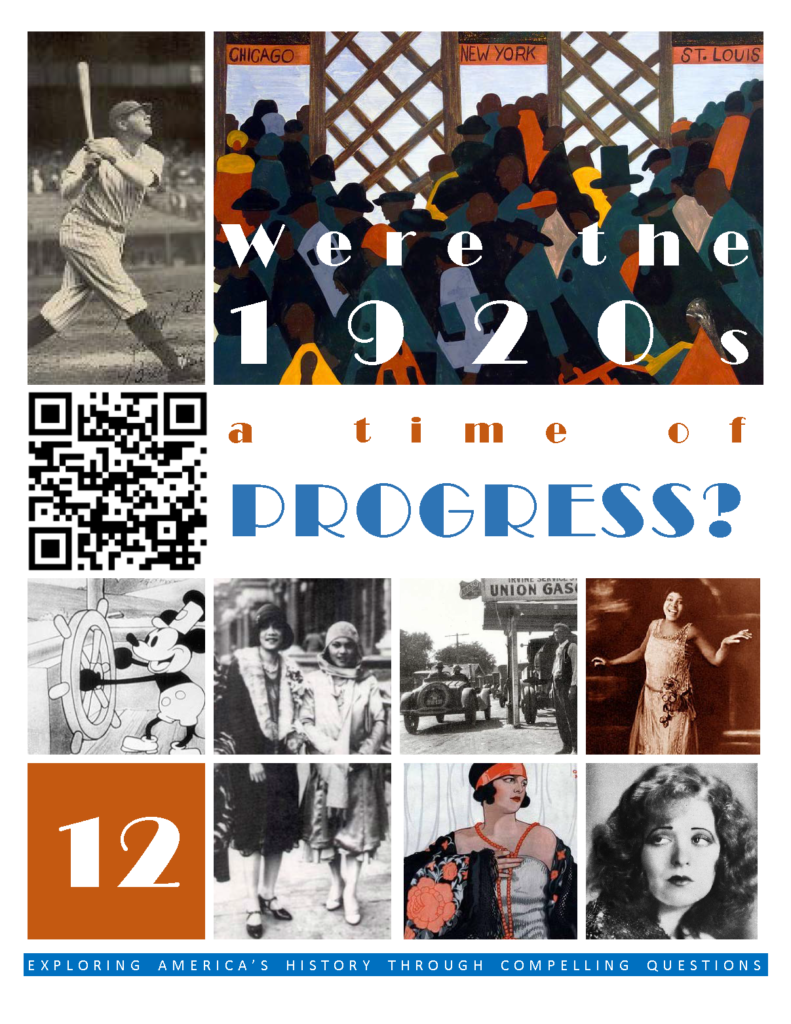
PRINT VERSION
Progress can be tricky to define. While the advent of the automobile industry made road trips and suburbs possible, it also brought about pollution, and changed dating habits. The growth of industry led to new consumer goods that saved millions of housewives time and effort, but led to an emphasis on having things that the authors of the Lost Generation questioned. The Harlem Renaissance, one of the greatest outpourings of racial pride and artistic creativity ever in American history, was precipitated by shocking, openly practiced acts of bigotry, hatred and violence.
The 1920s then, proved to be a time of contradictions, and no single event illustrated that conflict more so than the trial of John Scopes. Was America going in the right direction? Was modernism the way of the future? Was change good? Alternatively, were traditional values the way to preserve the goodness that had made America great? Should the headlong rush to embrace change be halted, questioned, and held in check by the need to preserve tradition?
As historians, our measure of the 1920s is this: was the decade ultimately a time of change, or a time when Americans retreated from change? Did those years of excitement lead to something new and better, or back to something old, or perhaps to something new, but a future that was more dark and sinister?
What do you think? Were the 1920s a time of progress?
CONTINUE READING